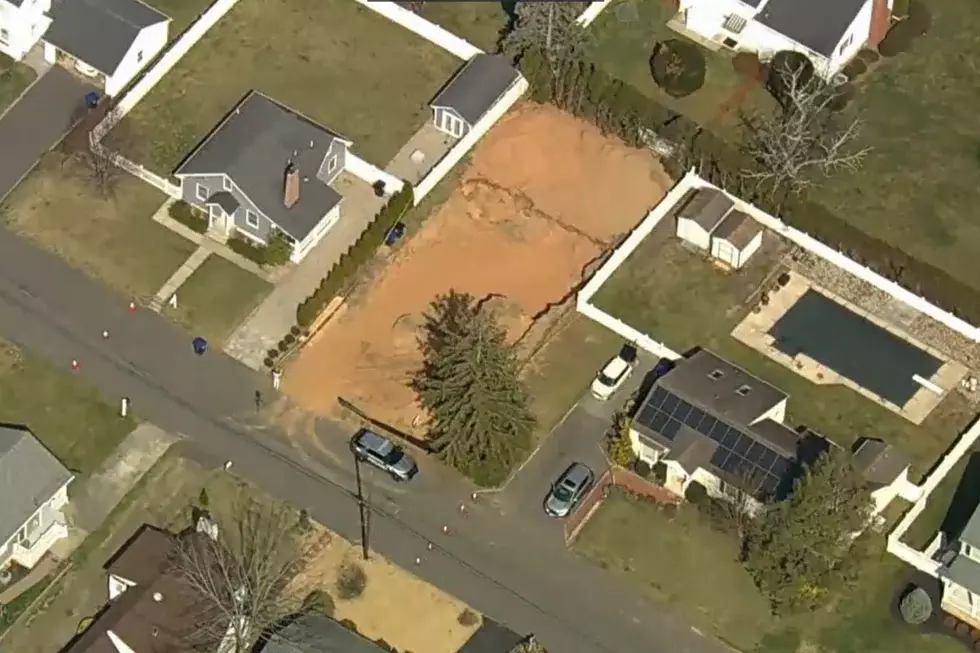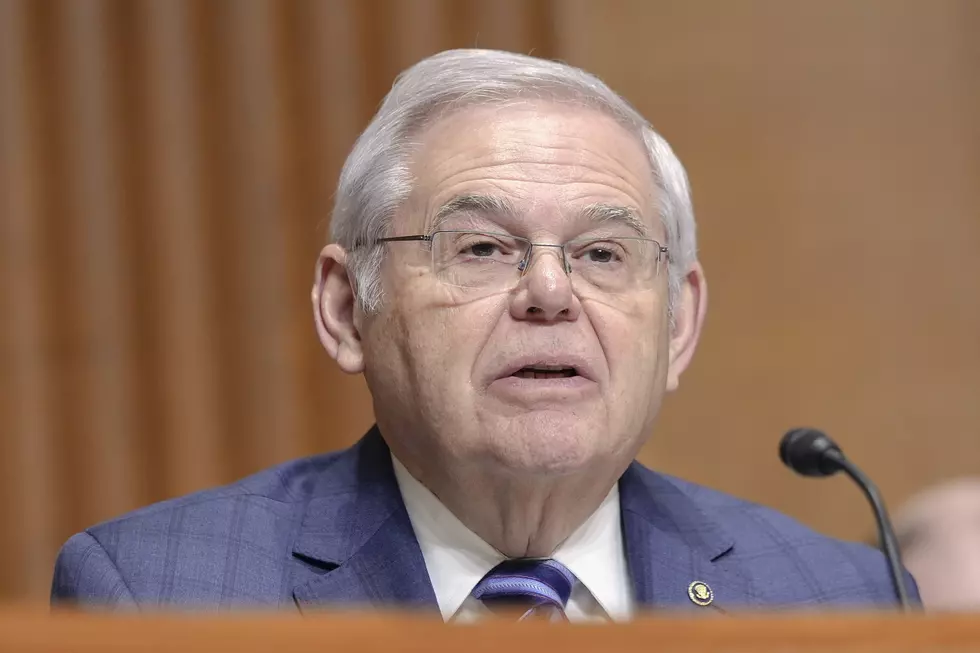
Obama, Modi cite breakthrough on India civil nuclear program
NEW DELHI (AP) -- President Barack Obama and Indian Prime Minister Narendra Modi say they have achieved a breakthrough understanding to free up U.S. investment in nuclear energy development in India.
The two countries had been at an impasse over U.S. insistence on tracking fissile material it supplies to India and over Indian liability provisions that have discouraged U.S. firms from capitalizing on a 2008 civil nuclear agreement between the U.S. and India.
Both men said Obama's visit to India has been more than symbolic and yielded substantive progress on trade, defense and climate issues.
The two men spoke jointly after a day of pomp and meetings. Obama arrived in the Indian capital Sunday.
The president arrived in New Delhi under hazy skies Sunday morning. Indian Prime Minister Narendra Modi was waiting for Obama at the steps of Air Force One and the two men shared a hug, underscoring the warm relationship they have formed in the short time Modi has been in office.
The president and prime minister were to spend much of Sunday holding talks on climate change, defense and economic ties. On Monday, Obama was to be the guest of honor at India's Republic Day festivities, making him the first U.S. president to attend the anniversary of the enactment of country's democratic constitution.
"It is a great honor," Obama said after reviewing an Indian honor guard formation at Rashtrapati Bhavan, the presidential palace. "We are so grateful for the extraordinary hospitality."
Following their meetings, Obama and Modi were to issue statements and address reporters.
The normally bustling streets of New Delhi were empty and the sidewalks cleared by Indian police as Obama's motorcade sped from the palace to Gandhi's memorial. A massive security presence was in place for Obama's visit, with numerous roadblocks and armed men lining the streets.
Obama and Modi strolled briefly through the picturesque gardens of Hyderbad House where the leaders held their talks, walking past little ponds of lotus flowers, before sitting down and talking some more over tea. Both looked relaxed and smiled and laughed often as they chatted animatedly.
Earlier, Obama walked in his socks into a walled courtyard to lay a large white wreath at the site where Indian independence icon Mahatma Gandhi was cremated. He then shoveled dirt and poured a pitcher of water around a young tree planted in his honor at the memorial.
While much of Obama's trip here was to be symbolic, the White House was seeking to make progress on numerous policy matters. Relations between the U.S. and India have been strained in recent years, but have been improving since Modi took office last year.
As Obama and Modi opened their talks Sunday, the prime minister presented the president with a copy of 1950 telegram from the United States congratulating India on the adoption of its constitution.
Taking some of the luster off the trip, Obama is cutting his trip short to go to Saudi Arabia Tuesday to pay respect to the royal family following the death of King Abdullah. In doing so, the White House had to cancel a tour by the president and first lady of the Taj Mahal, the famed white marble monument to love in the city of Agra.
High on Obama's agenda with Modi is progress on getting heavily polluted India to agree to curb carbon emissions. White House officials hope the surprise climate agreement the U.S. struck with China in November might spur India to take similar steps, though that's unlikely to happen during Obama's visit.
Obama is also expected to push Modi to make changes to liability legislation in India that has prevented U.S. companies from capitalizing on a landmark civil nuclear agreement between the two countries in 2008.
(© 2015 The Associated Press. All rights reserved. This material may not be published, broadcast, rewritten or redistributed)
More From New Jersey 101.5 FM









